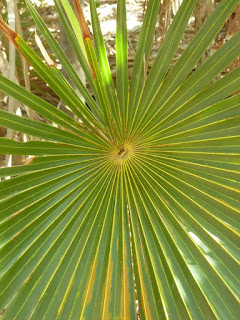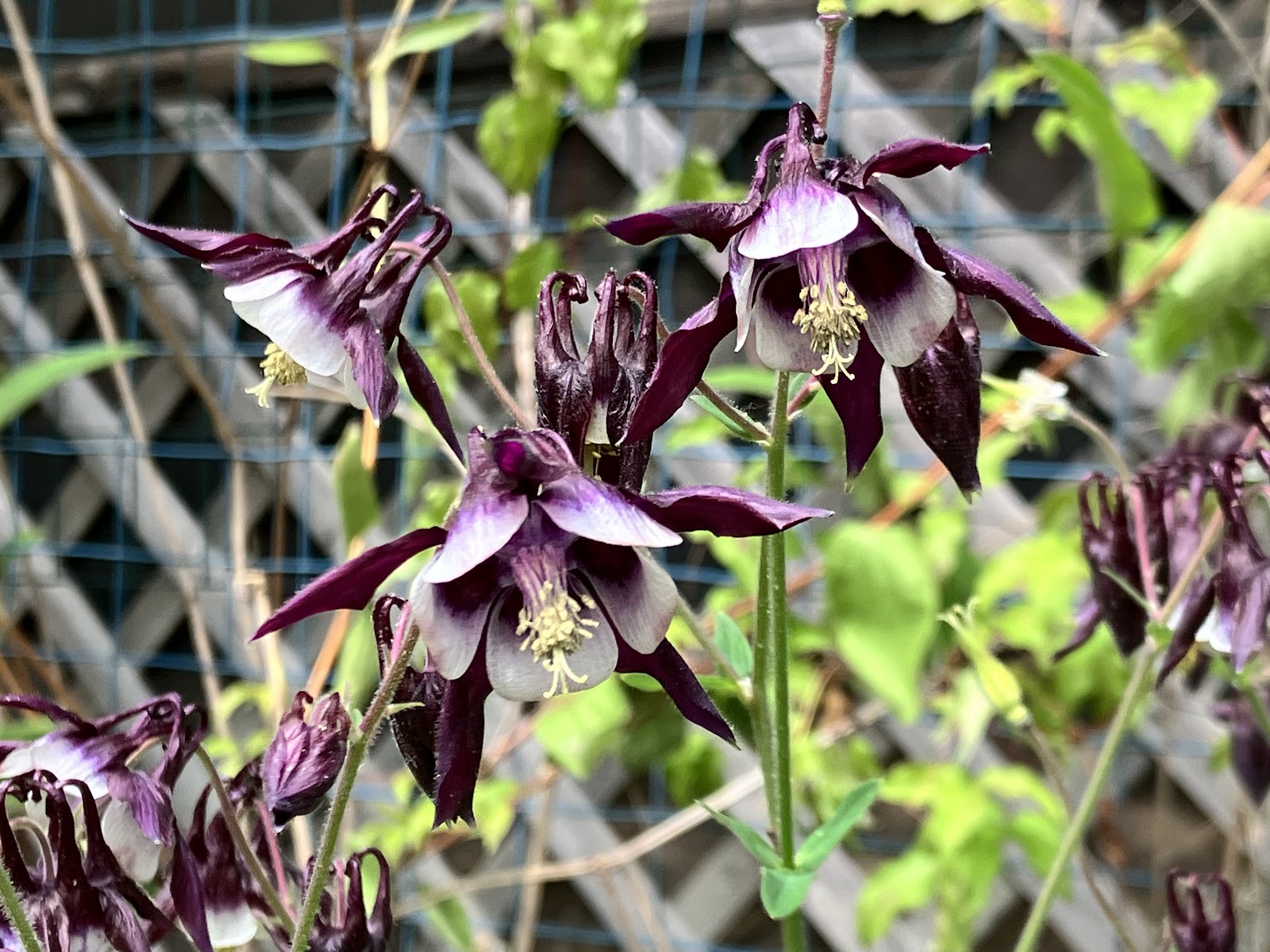The Usefulness of Being Useless
Here are two stories from Zhuang Zhi, the ancient Chinese philosopher, to demonstrate this concept.
Loggers are looking for timber for building. The gnarly tree is all crooked with knots. The loggers take one look at it and move on to other trees. The tree being so gnarly makes it useless for the loggers. However, being gnarly saves the tree from being cut down. It is very useful for the tree to be useless to the loggers.
When a person is standing on the ground, he is only using the ground that is right underneath his feet. The rest of the ground is useless to him. So, can we take away all the useless part of the ground and only keep the useful part the he is standing on? Without the "useless" ground, the "useful" portion cannot stand alone. In turn, it will become useless. The existence of the "useless" ground is what makes the "useful" part useful.
I find these stories wonderful demonstration of how "useful" and "useless" are such relative concepts. It all depends on the context. Almost nothing is ever absolutely one way or the other.
As a teacher, I am often faced with students who are obsessed with the idea of doing something right/ being perfect. I can understand where they are coming from. We live in a very task-oriented world where results matter. To be honest, sometimes I, myself, can be too eager to see students improve that I get carried away.
One time, I get really wound up when teaching a student a certain move. Suddenly, this student looks at me and says, "Hey, be patient! I am doing my best already. It's a process." These words feel like a slap by the Zen master's stick. It knocks senses right back into my head! Ever since then, whenever I feel like someone (including myself) is starting to obsess over "being perfect right here right now", I would remind this person "Hey, it is a process!"
On our journey to learning something, inevitably we make mistakes. Like the "useless" ground that is not under our feet, mistakes are what the "useful" ground is built upon. In Aikido practice, for example, if we do not experience being clumsy and awkward, we will not be able to appreciate the swiftness and grace of good Aikido. The strong, heavy feedback we receive when we muscle our partners is the foundation of future sensitivity that help us feel the slightest resistance. Nothing is ever wasted. As our beloved friend Chuck Lakin likes to say, "If you don't think there is a lesson to learn, you have not been paying attention."
Another one of my favorite quotes is from my gardener friend, Judy Karpen. She puts this in her email signature:
"As a gardener, if you have not killed any plants, you have not stretched your skills enough."
On that, I am happy to report that I stretch my gardening skills all the time!
Loggers are looking for timber for building. The gnarly tree is all crooked with knots. The loggers take one look at it and move on to other trees. The tree being so gnarly makes it useless for the loggers. However, being gnarly saves the tree from being cut down. It is very useful for the tree to be useless to the loggers.
When a person is standing on the ground, he is only using the ground that is right underneath his feet. The rest of the ground is useless to him. So, can we take away all the useless part of the ground and only keep the useful part the he is standing on? Without the "useless" ground, the "useful" portion cannot stand alone. In turn, it will become useless. The existence of the "useless" ground is what makes the "useful" part useful.
I find these stories wonderful demonstration of how "useful" and "useless" are such relative concepts. It all depends on the context. Almost nothing is ever absolutely one way or the other.
As a teacher, I am often faced with students who are obsessed with the idea of doing something right/ being perfect. I can understand where they are coming from. We live in a very task-oriented world where results matter. To be honest, sometimes I, myself, can be too eager to see students improve that I get carried away.
One time, I get really wound up when teaching a student a certain move. Suddenly, this student looks at me and says, "Hey, be patient! I am doing my best already. It's a process." These words feel like a slap by the Zen master's stick. It knocks senses right back into my head! Ever since then, whenever I feel like someone (including myself) is starting to obsess over "being perfect right here right now", I would remind this person "Hey, it is a process!"
On our journey to learning something, inevitably we make mistakes. Like the "useless" ground that is not under our feet, mistakes are what the "useful" ground is built upon. In Aikido practice, for example, if we do not experience being clumsy and awkward, we will not be able to appreciate the swiftness and grace of good Aikido. The strong, heavy feedback we receive when we muscle our partners is the foundation of future sensitivity that help us feel the slightest resistance. Nothing is ever wasted. As our beloved friend Chuck Lakin likes to say, "If you don't think there is a lesson to learn, you have not been paying attention."
Another one of my favorite quotes is from my gardener friend, Judy Karpen. She puts this in her email signature:
"As a gardener, if you have not killed any plants, you have not stretched your skills enough."
On that, I am happy to report that I stretch my gardening skills all the time!



Comments
Post a Comment